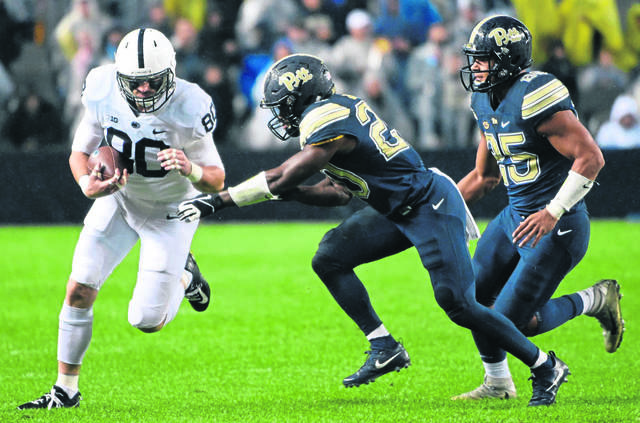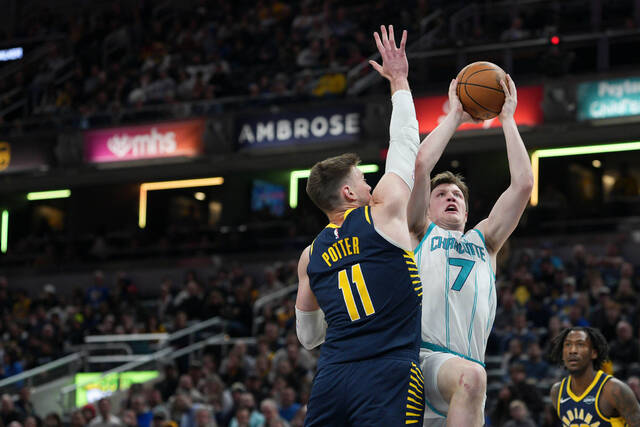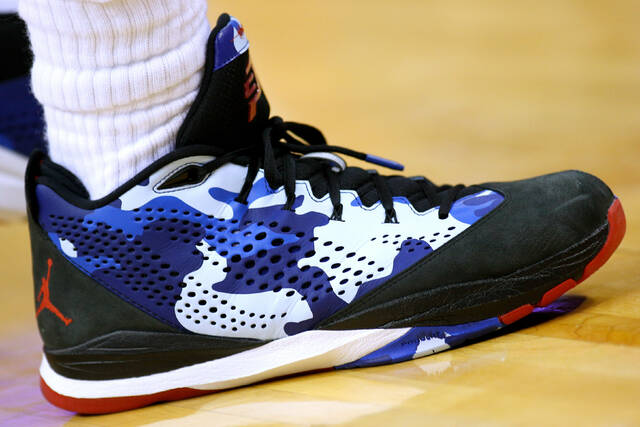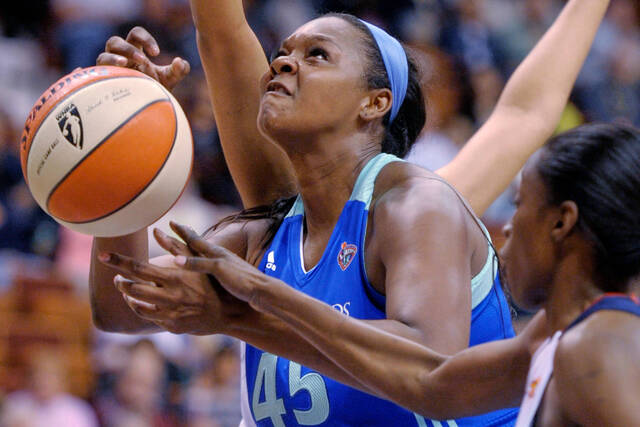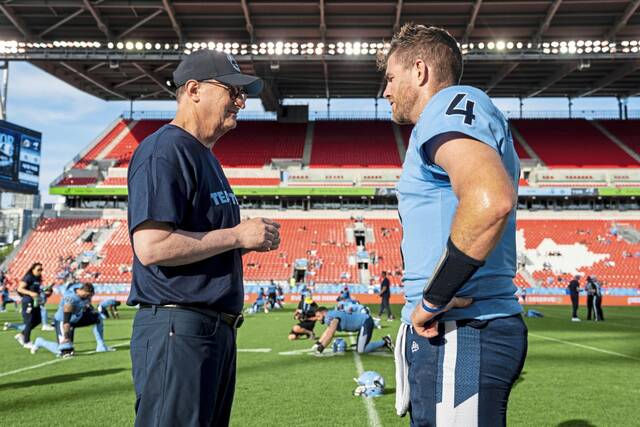There have been a lot of frustrating angles to covering sports during the coronavirus pandemic.
Most notably, of course, has been the complete and total shutdown of them.
I’ve found that … bothersome. You?
A close second, though, is the cavalier reaction from some claiming that, “Sports aren’t important at a time like this.”
That’s ridiculous.
Not safe? OK. Especially at the early stages of the outbreak in our nation’s biggest cities, I’d yield to that argument.
Not essential? Well, maybe. We’ve had to parse the definition of what is or isn’t “essential” for a few months now. I’ll even give in to some degree on that point, as well.
Don’t ever tell me sports aren’t important, though. They generate billions of dollars in tourism and food and beverage tax revenue. Tens of millions of dollars in job creation — not even counting the athletes themselves. To say nothing of the civic pride, unity and sense of normalcy that have been lost by their absence since early March.
Thankfully, in recent days, we have started to see some of the most ardent shutdown-advocating governors — Tom Wolf (Pa.), Andrew Cuomo (N.Y.), Gavin Newsome (Calif.) and Phil Murphy (N.J.) — relax restrictions and, in some cases, even encourage professional sports teams to return to their practice facilities.
In phases, at least.
Complex as that decision-making process may be for pro sports teams, the terrain is going to be even more difficult to navigate when it comes to college athletics.
That task not only has to deal with different states represented by governors of various political leanings but also other variables, such as different conference mandates, different TV contracts, private vs. public institutions, etc. Not to mention the small matter of how many campuses will even be open to the students — let alone the student athletes.
And the clock is ticking quickly toward the start of the college football season.
The knee jerk reaction from some will be: “It’s just football. There are bigger fish to fry.”
Sure. That’s easy to say. Sports are “only” entertainment. And the NCAA is a big, mean, pedantic, monolithic empire that survives solely on the exploitation of student-athletes who are performing for free.
Understood. Heard it a million times.
But before we totally bury the need to get college football up and running, we need to be reminded that the faceless, money-making machine that is the NCAA largely exists based on the television revenue generated from two sports. They are football and — to a lesser extent — men’s basketball.
The NCAA had planned to distribute $600 million to its member institutions after the NCAA basketball tournament. That was slashed to $225 million. Estimates are that an elimination of college football could cost $4 billion for the Power 5 conference schools alone.
The impact is already being felt. Schools such as East Carolina (swimming/diving and tennis for the men and the women), Cincinnati (men’s soccer) and Old Dominion (wrestling) have already had to cut sports as a result of recent budget shortfalls and/or projected losses.
Some reports out of Connecticut suggest UConn may have to look at eliminating as many as eight sports.
Look at those programs being cut. The student-athletes on those teams aren’t going onto glory and riches in those sports. They aren’t using a seat in a college classroom to play the sport. They are using the sport to pay for college.
These are 18- to 22-year-olds getting a college education, in many cases one they wouldn’t otherwise be able to seek without the soul-crushing debt of student loans chasing them for 20 years.
Those aren’t kids like top NFL and NBA draft choices, logging a few lecture hall hours here and there to stay eligible and go pro. These are the true, archetype, pure embodiment of what student-athletes are supposed to be.
But if college football doesn’t exist in the fall, after college basketball punted on its tournament last March, forget it. Many, many more kids are going to lose those opportunities.
With lots of other schools in the same boat, transferring to another institution won’t be as easy as is normally the case. The scholarships won’t exactly be flying off the table. Then, if a displaced athlete does manage to get one at a different program, that’s one fewer free ride for somebody else coming out of high school.
And so on. And so on.
The UConn and ECU cases especially highlight the problem. As the links provided explain, those two institutions have largely mismanaged their football programs, thus creating a revenue shortfall in the first place. So they were some of the first to feel the pinch.
But they act as cautionary tales for other athletic departments as to how quickly the rest of the house of cards could come toppling down if the football well runs dry in the fall.
Yes, even in places with financial means. UConn, at least, has high-profile men’s and women’s basketball teams to cushion the blow. Yet Husky Athletics is still in a bind.
Debates continue to rage over when sports should return. Those who want to slow that process constantly remind us that the coronavirus stats we read are more than just numbers on a page. Those are real people who are sick and dying.
As if we didn’t understand that.
I do sometimes wonder, though, if those advancing such an argument get what the numbers really mean when it comes to the potential loss of college football.
Because, similarly, those aren’t just dollar signs on a piece of paper. Those dollar signs mean people, too. College-aged kids, oftentimes from disadvantaged backgrounds, who are losing once-in-a-lifetime opportunities.
I get it. Take care of the big picture stuff first. Health. Safety. But let’s not treat the college football issue like some sort of selfish afterthought that is just about touchdowns and tailgates.
It’s more important than that.


